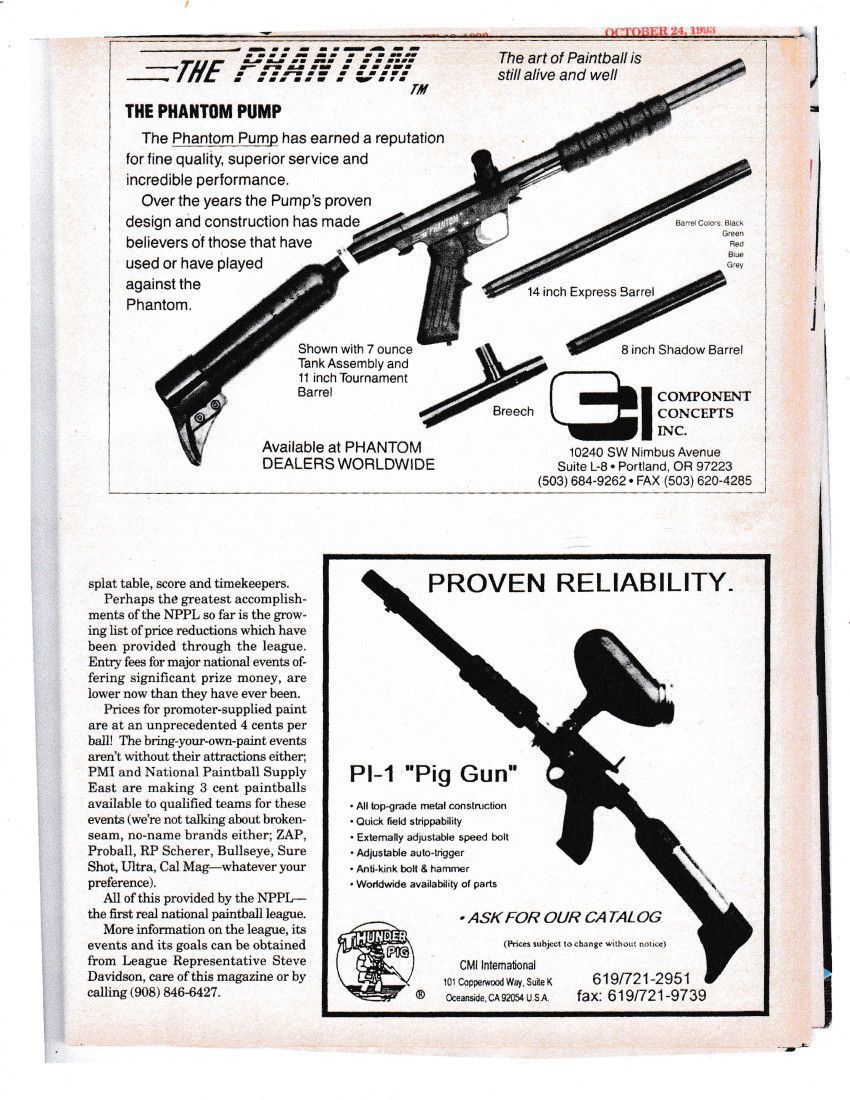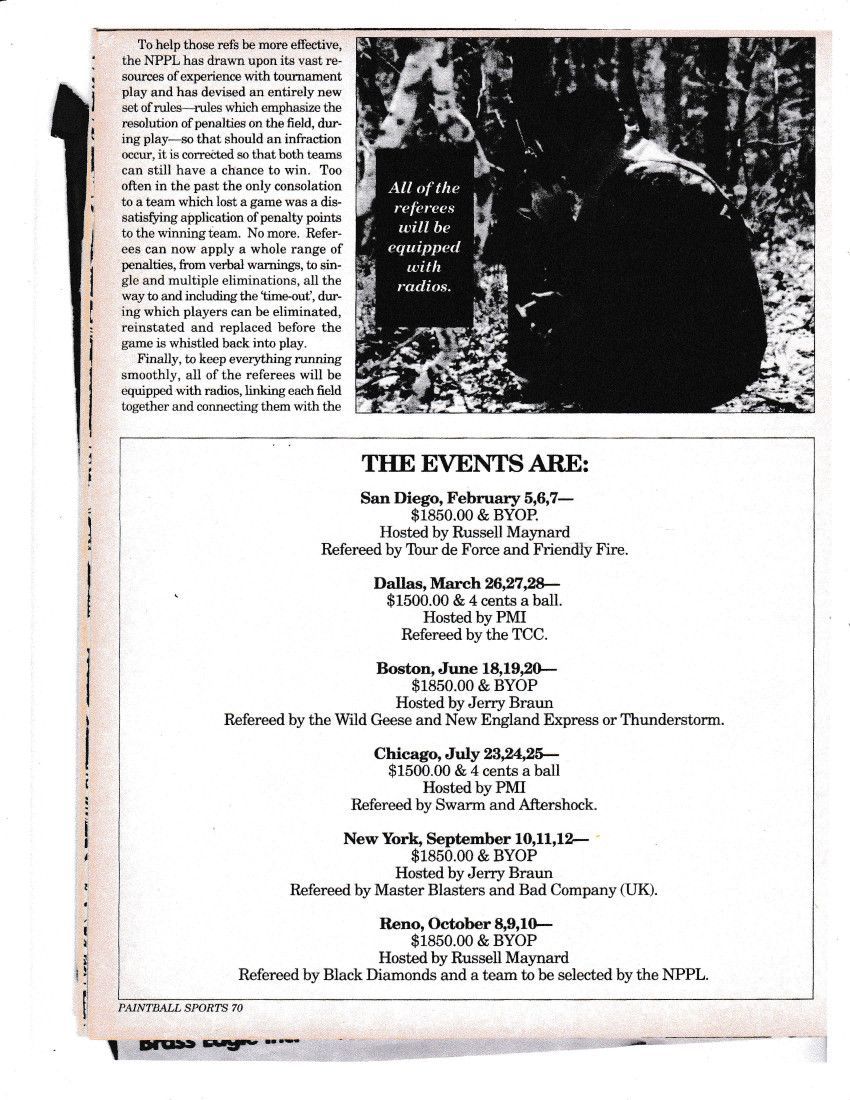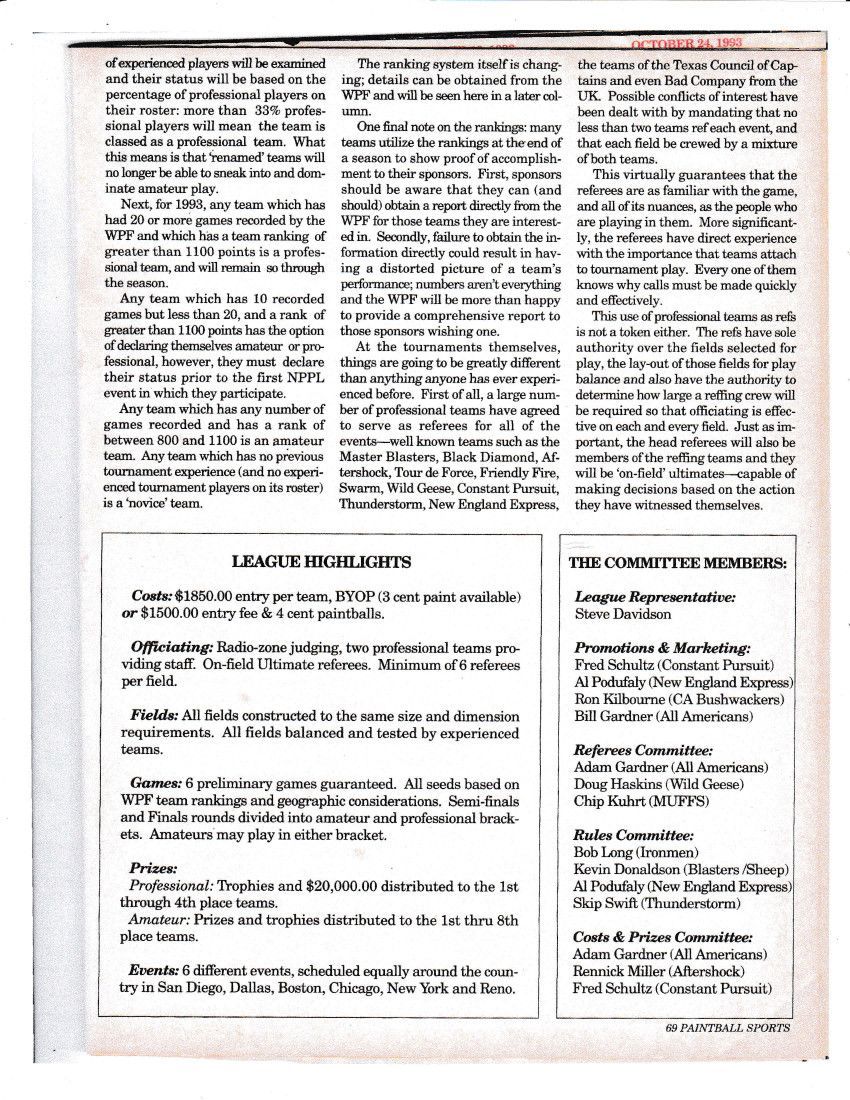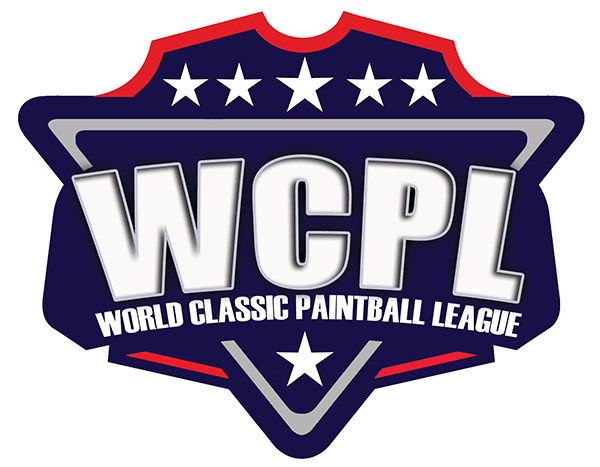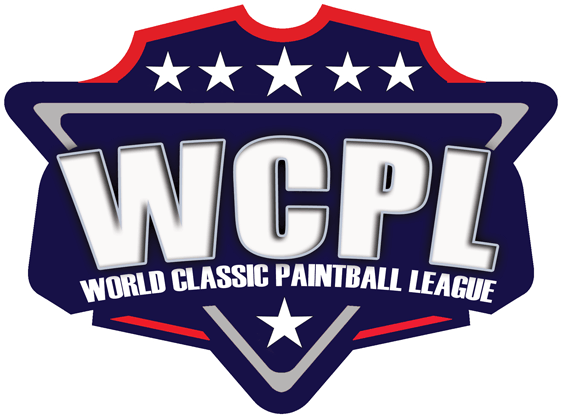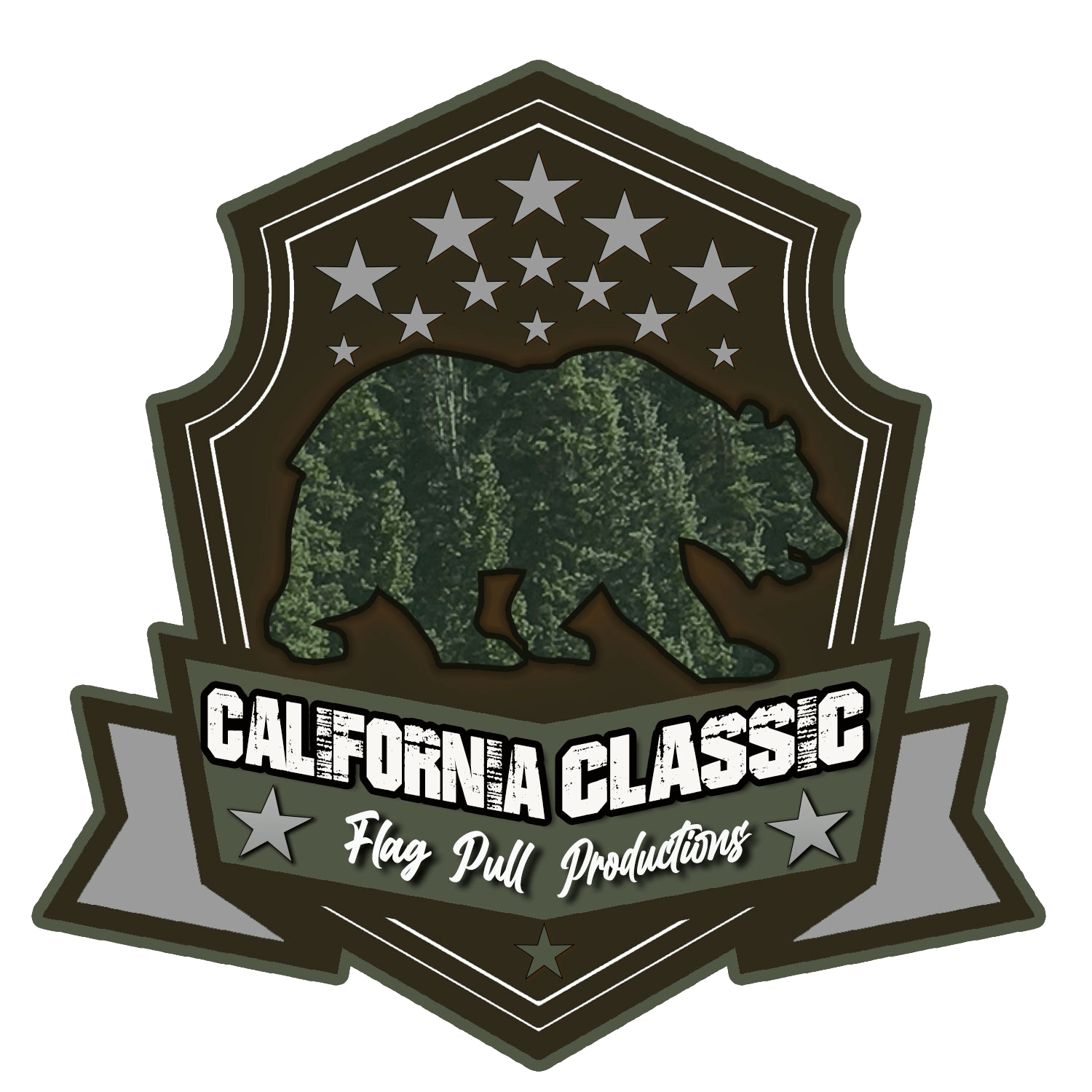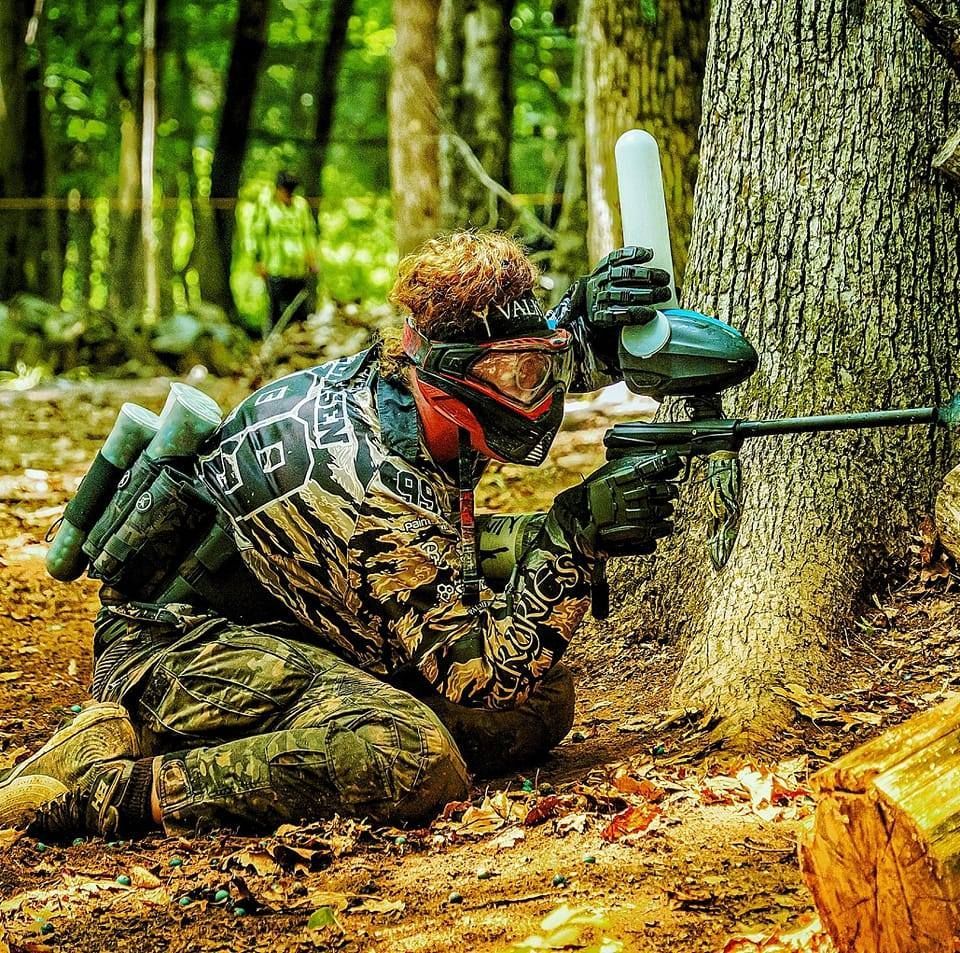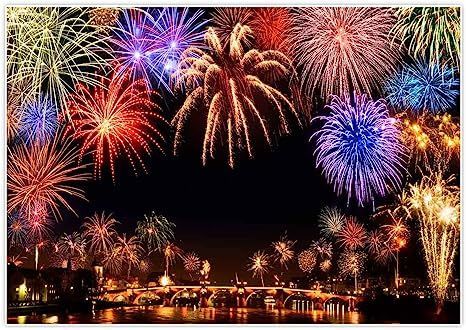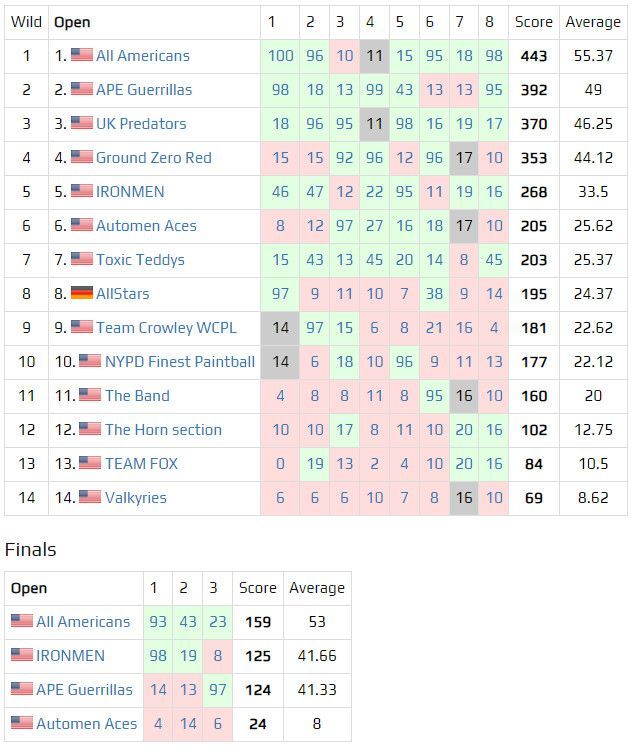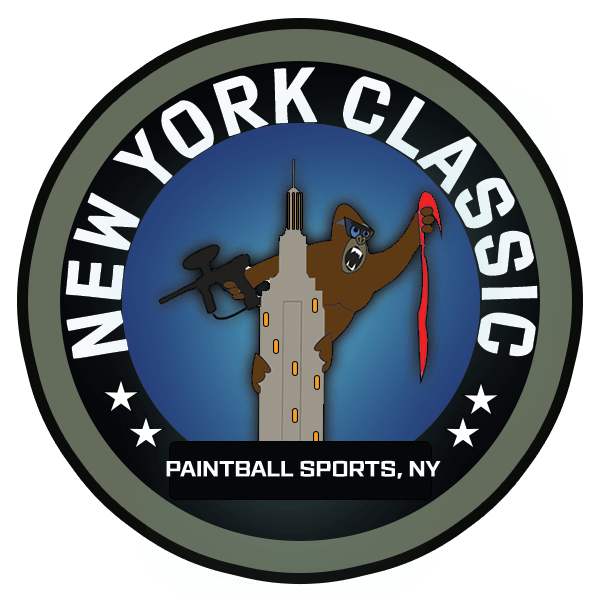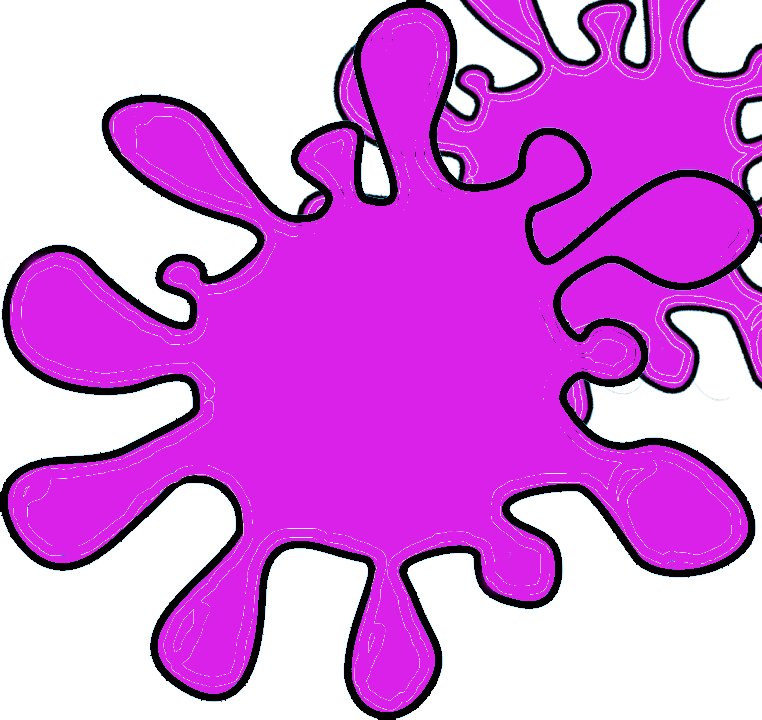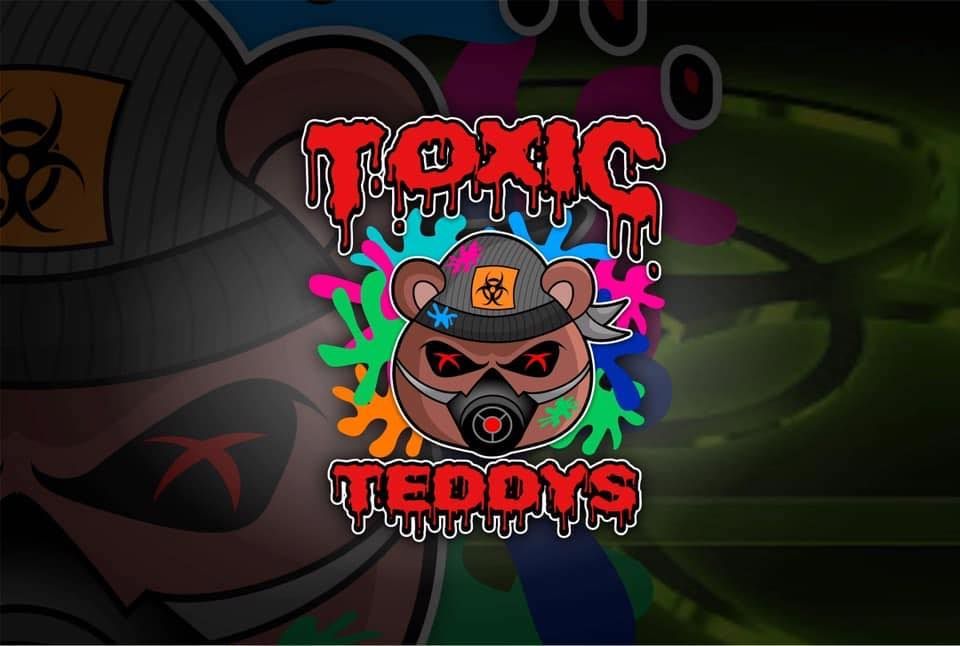Tournament Rebels

The previous post got some good commentary. And I sense that people are curious for more detail about that very first meeting that took place in 1992, in Chicago, so I figured a little story telling might be in order.
(CAUTION: I strongly recommend and suggest that none of you read this while playing. I know the temptation is a great one, and I appreciate the interest, but reading my (erudite, informative, provocative and exciting) words while tucked into a bunker is like driving drunk while also texting. In other words, this won't end well. Share it in the staging area.)
In late '89, early '90, we (and here I specifically refer to Kevin Donaldson, Jim Anderson, Jerry Braun and myself) were working on the ASO series of tournaments and looking for a way to rank teams and create divisions of play that were based on actual data. We'd heard, and made our own complaints about unfair preliminary round draws. Up and coming teams frequently got blitzed right out of an event because their division was stacked; top teams would find themselves in divisions that guaranteed that most of them didn't have a chance to advance.
But there was no real data, and certainly not any gathered in one useful place.
I did some research on sports ranking systems - the NFL, the NBA, NHL and, ultimately, the National Chess Federation because, unlike professional sports in the US, Chess was able to "rank" players - effectively - even if they had never played each other before.
I adapted the Chess world's ranking system and put together the NPSRS - the National Paintball Statistics and Ranking Society (a deliberately long acronym because everyone and their brother in the industry was using three letter acronyms at the time).
I wanted it to be a completely open and transparent system and one that both teams and promoters could use. I approached a handful of promoters (Paintball Sports, Lively, PMI, Great Western) and asked them to participate by providing me with scoring data. I also asked them if they would be willing to receive reports on events, respond as required, and if they would consider making changes based on the data that was collected. They all agreed in principal.
I then asked teams to report on events. Call up and give a review - the schedule was on time, the referees were clueless, the fields could have been better, etc. I was familiar enough with both playing in and organizing tournaments that I was capable of separating the real complaints from the usual "we didn't win" chaff you always hear. I'd boil that down to a handful of questions, present them to the promoter (this is what I'm hearing) and hopefully get reasoned responses, which were then published in the quarterly publication that I distributed. The general idea was to create a dialogue through a trusted source (I had a good reputation for dealing honestly and factually through my articles) that would get both teams and promoters working toward common goals.
Once that was in swing (and fairly popular: I ended up writing a regular series called Head to Head in PCRI magazine that made predictions for matchups at upcoming tournaments between two high profile teams that had not yet played each other; those predictions were pretty darned accurate as well - proving that the data gathered had some real world application.
By the time of the first ASO event, the numbers were robust enough to "test" them by using the data to create the preliminary round brackets. We knew we had succeeded when, among others, Ron Kilbourne, Captain of the CA Bushwackers complained mightily about his draw, and then stated that there couldn't be a more balanced mix.
(We didn't use the data directly, like 1st rank, division A, 2nd rank division B. Instead, we broke up all of the teams by geography first, and then seeded them based on their rank within the geographic distribution. This meant that a team flying in from California would not have three other California teams in their division.)
Ultimately though, the willingness of all parties to cooperate with each other broke down for a number of reasons its not really important to go into here. But, so far as the majority of the "traveling" teams were concerned, things were not changing fast enough to their satisfaction.
This led to secretive discussions amongst a handful of actively involved players/team captains based on the idea that we all needed to get together as a group and "do something."
A handful of individuals were asked to reach out to teams - Kevin Donaldson, Fred Schultz, Renick Miller, Jim Anderson, myself - and float the idea of having a meeting to discuss what, if anything we could do.
As word began to leak out, there was pushback. A number of industry folks (understandably) suggested that we would never succeed and were vocal in discouraging the effort.
But we persevered. We decided on Chicago as being centrally located and causing the least travel expense for the largest number of attendees. Renick Miller lined up a hotel with conference room space and we all flew in.
For the remainder of this piece, an article that appeared in Paintball Sports Magazine, detailing what the newly formed league intended to do, including the first year's event schedule, costs, officiating teams and changes to the ranking system.

